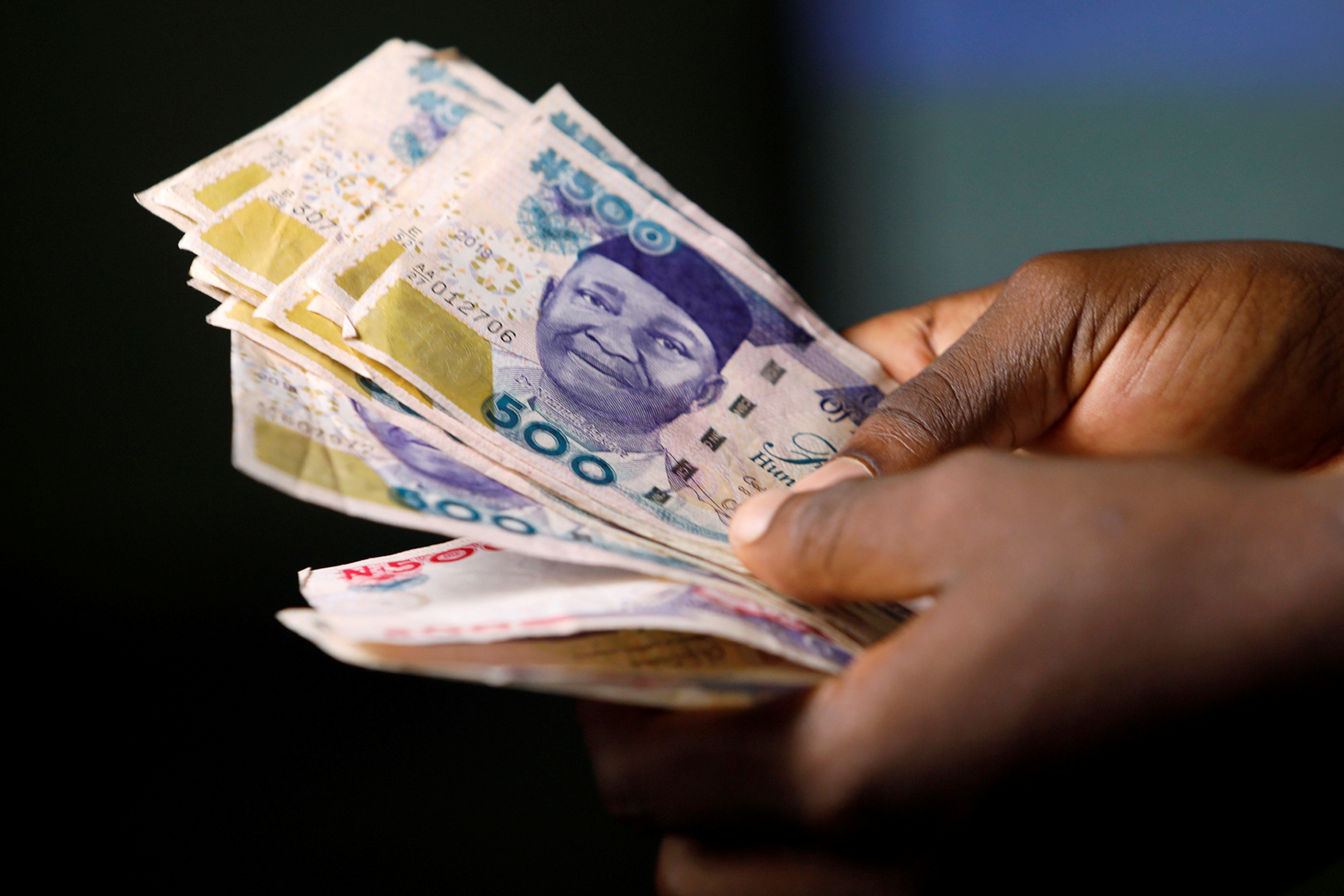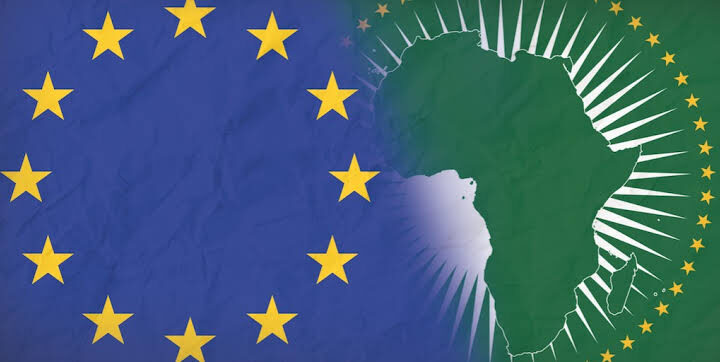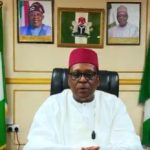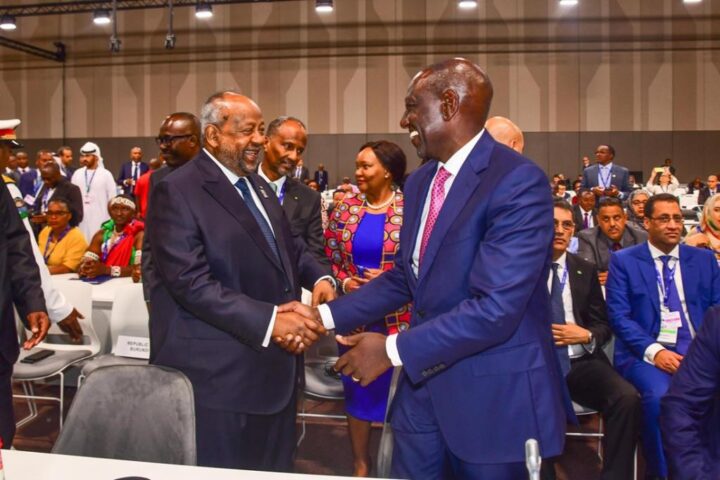For Nigerians living in Nigeria, N500 is fast becoming the basic currency, soon to replace N20 or perhaps, even N10.
In the last two decades, visitors who handed crisp N500 notes to children at Christmas or in the many festival celebrations were deeply appreciated. In many homes, the cash gift is promptly taken from the child, and “kept” for him/her.
Two decades after, the same denomination has become almost worthless, so much so that only a sigh escapes anyone who mistakenly loses the amount; that’s if any sigh at all.
Join our WhatsApp ChannelFor many analysts and Nigerians, the loss of value in the Naira is argued to have its roots in the 1985 Structural Adjustment Programme (SAP) when the Naira fell from 89 kobo per dollar to N4 per dollar.
To paint a clearer picture of the deprecation of the Naira, N50 was all that was needed to register what is popularly called Junior WAEC, the very first layer of external examinations in secondary schools. The same examination commands anywhere from N20,000 to N30,000 in 2022.
In 2010, an 80 leaves notebook sold at N80; In 2021, the amount tripled and currently sells at N200, a 75 per cent increase in just two decades. What this means is that, in 2010, with N500, a school pupil could afford half a dozen notebooks of 80 leaves, while in 2022, N500 can barely purchase three notebooks.
According to statistics from the Food and Agricultural Organisation (FAO), in 2000, a bag of rice of 50kg averaged N2,500. In 2014, data from the National Bureau of Statistics, showed that a 50kg bag of rice averaged ₦10,000.
This means that, in just two decades, the price of the most widely consumed staple food in Nigeria (and the world, according to the FAO)) has gone from ₦2,500 to ₦26,000, a 1000% jump in 20 years.
In the years 2010, 2015 and 2017, a dollar sold at N150, N197 and N305 respectively. In 2020, the Naira crashed to N450 at parallel market amid scarcity.
Naira Devaluation
It would be recalled that in July 2021, the Central Bank of Nigeria CBN banned sale of foreign exchange to Bureau De Change operators, saying the parallel market has become a conduit for illicit forex flows and graft.
But by September, the decision had plunged the naira into an unprecedented fall to N570 against the dollar in the black market. With this, the stage was properly set for the decline of businesses which had to scramble desperately for dollars to sustain themselves. Also, in May, the CBN devalued the Naira against the dollar as the economy migrated to a single exchange rate system.
As always, at the receiving end is the average Nigerian, who bears the cost of hiked prices of imported commodities especially.
Nigerians may have also despaired deeply in asking questions about when this unbridled inflation will end, and what must be done to arrest the free fall of the Naira. But our woes do not end with the average citizen, as the government is not spared either.
With successive budget deficits, which indicates excessive consumption unaccompanied by equivalent production and exportation, borrowing becomes expedient to bridge the gap, further leading to a decline in foreign assets and further depreciation in dollar to naira rates. To the man on the street, government policies and strategies to devalue the Naira and secure long-term benefit for the economy, make no sense as long as his earnings continue to lose value and he can no longer afford a ‘painter’ of garri or beans.
The fundamental objective of every government is to ensure adequate availability of food and security to her citizens. Therefore, more incisive means is required to ensure that economic programmes and policies are primarily beneficial to the masses in both short and long-term narratives.
Nigerians must not continue to endure soaring inflation that deprive them of decent standards of living.
We urge the CBN to rise to the challenge of proffering sustainable and effective measures to arrest the devaluation of the Naira, and check inflation.


















![Gender Activism An Economic Necessity In Africa [PBA Editorial]](https://www.primebusiness.africa/wp-content/uploads/2023/11/vaw-720x480.png)
This act is inhuman. He should face the Law.
A searing and factual piece. Well done